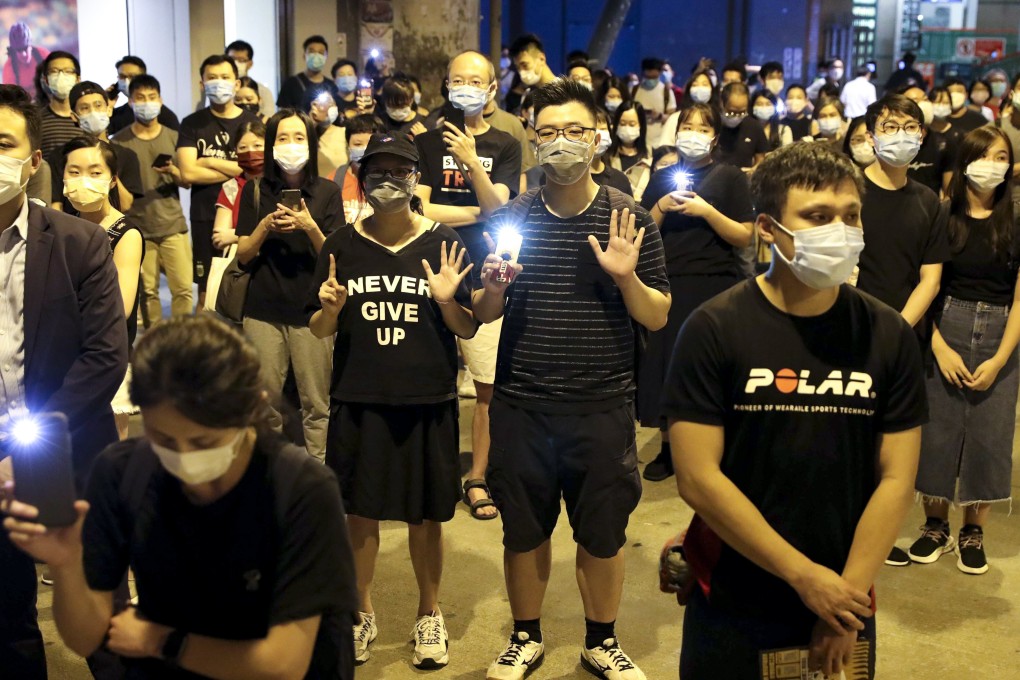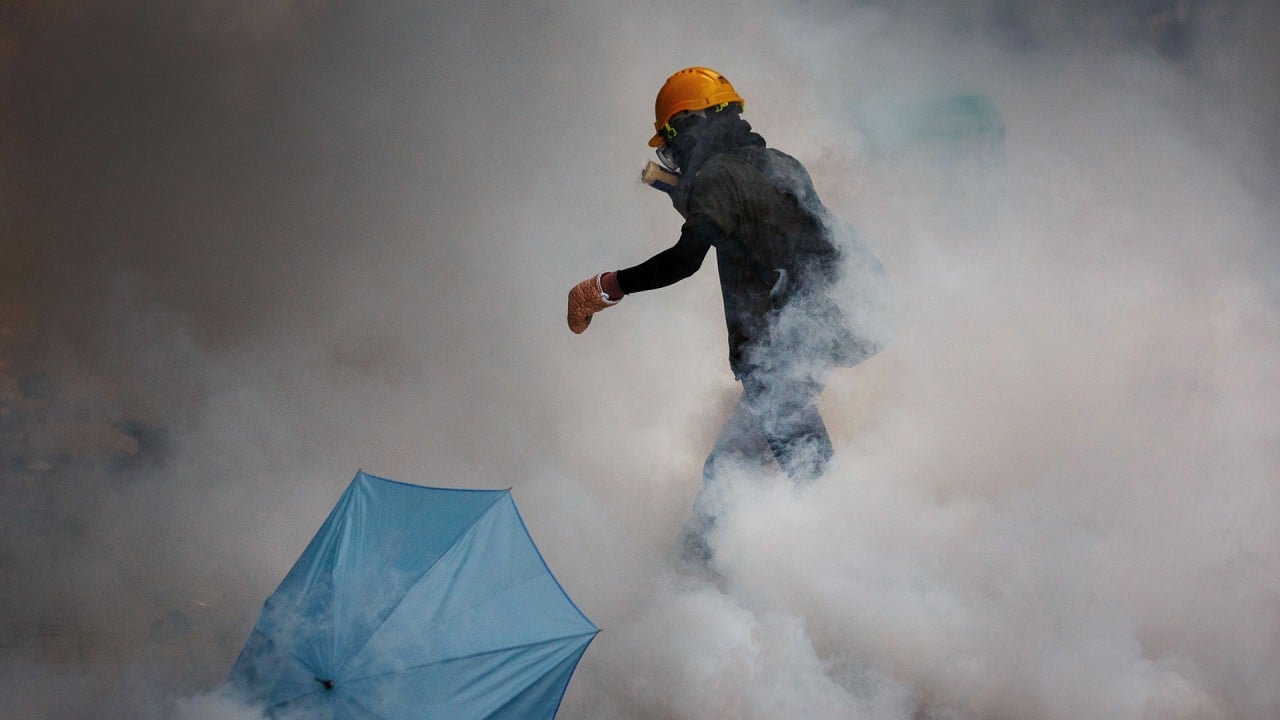Letters | China’s national security law for Hong Kong is a test of trust on either side
- Every nation needs a national security law for the protection of its people and its own sovereignty
- Hong Kong has an independent judiciary and a vocal press to guard its core values of the rule of law, and freedom of speech and assembly

In 2003, the Hong Kong government tried to enact a national security law under Article 23 of the Basic Law. That proposal was abandoned following mass protests.
Sixteen years later, peaceful protests over an extradition law in Hong Kong turned violent. There is no telling when this chaos will end.
At this juncture, it is unrealistic for the Hong Kong government to enact the national security law on its own, but every nation needs such a law for the protection of its people and its sovereignty. The US, UK and other European countries are no exception.

08:47
A year of anti-government protests in Hong Kong
There are worries that the term “national security” is so vague that it lends itself to wide interpretations to silence activists and clamp down on dissidents. This argument has some force, since a law should be defined with sufficient precision to enable citizens to know how to behave in accordance with the law.